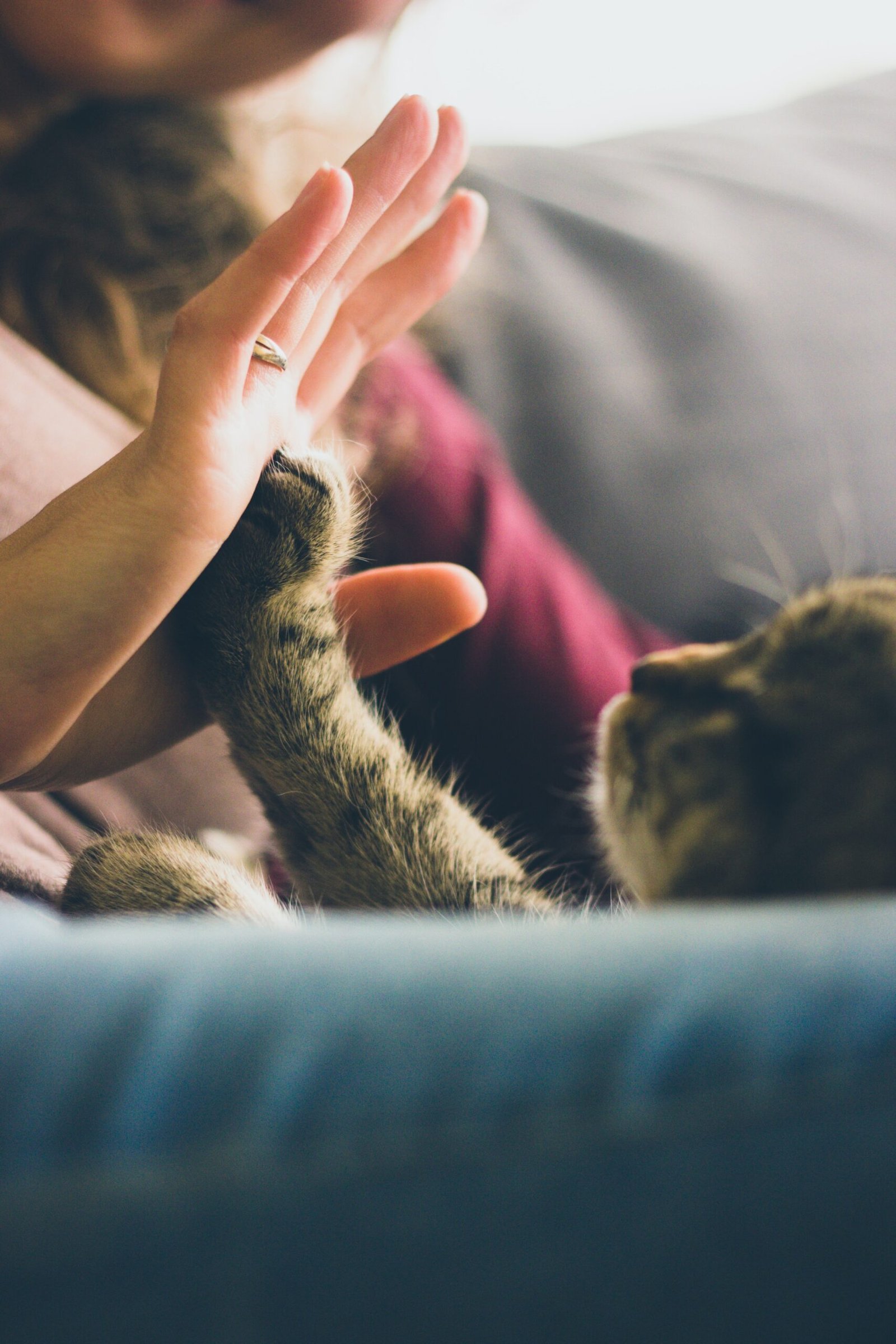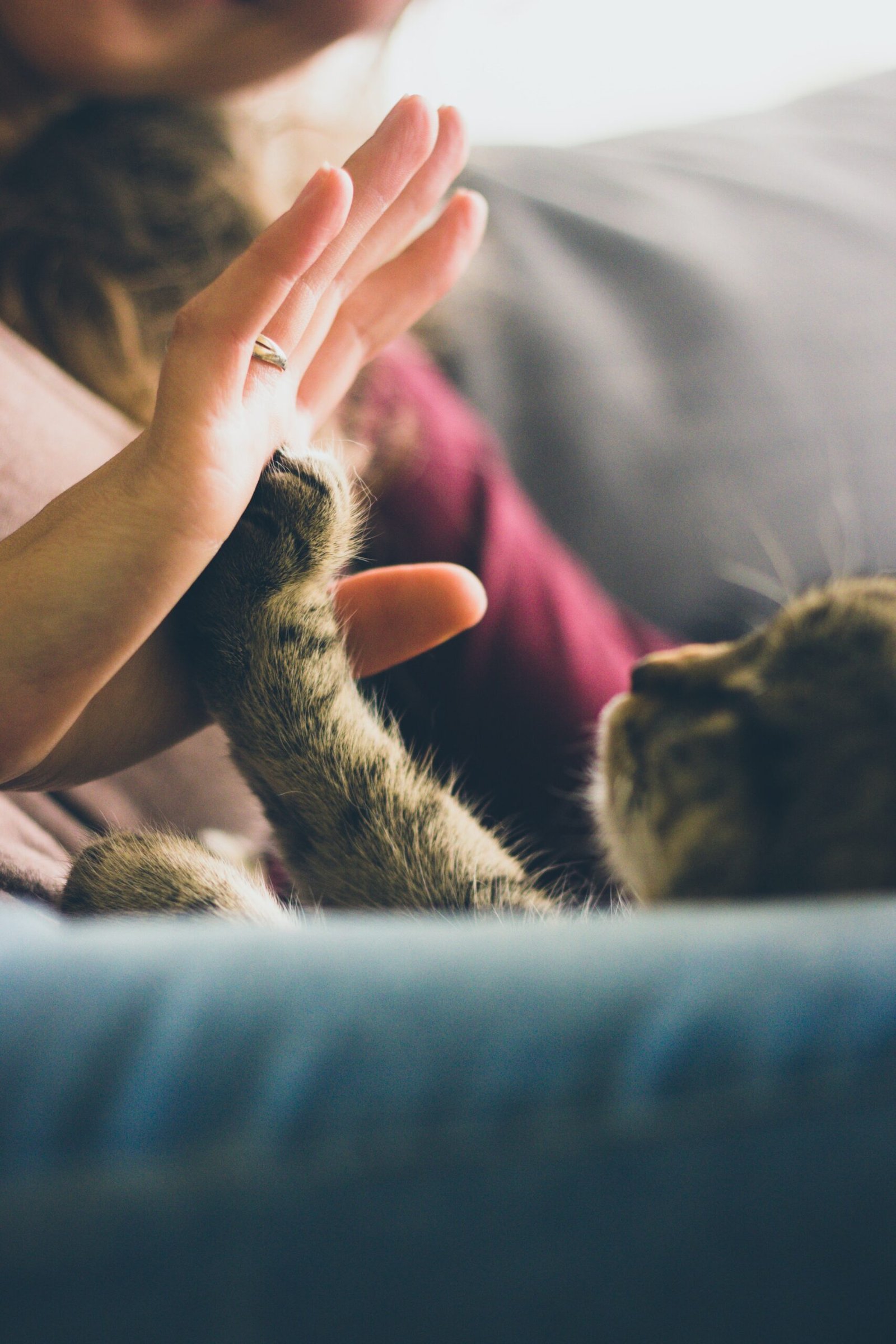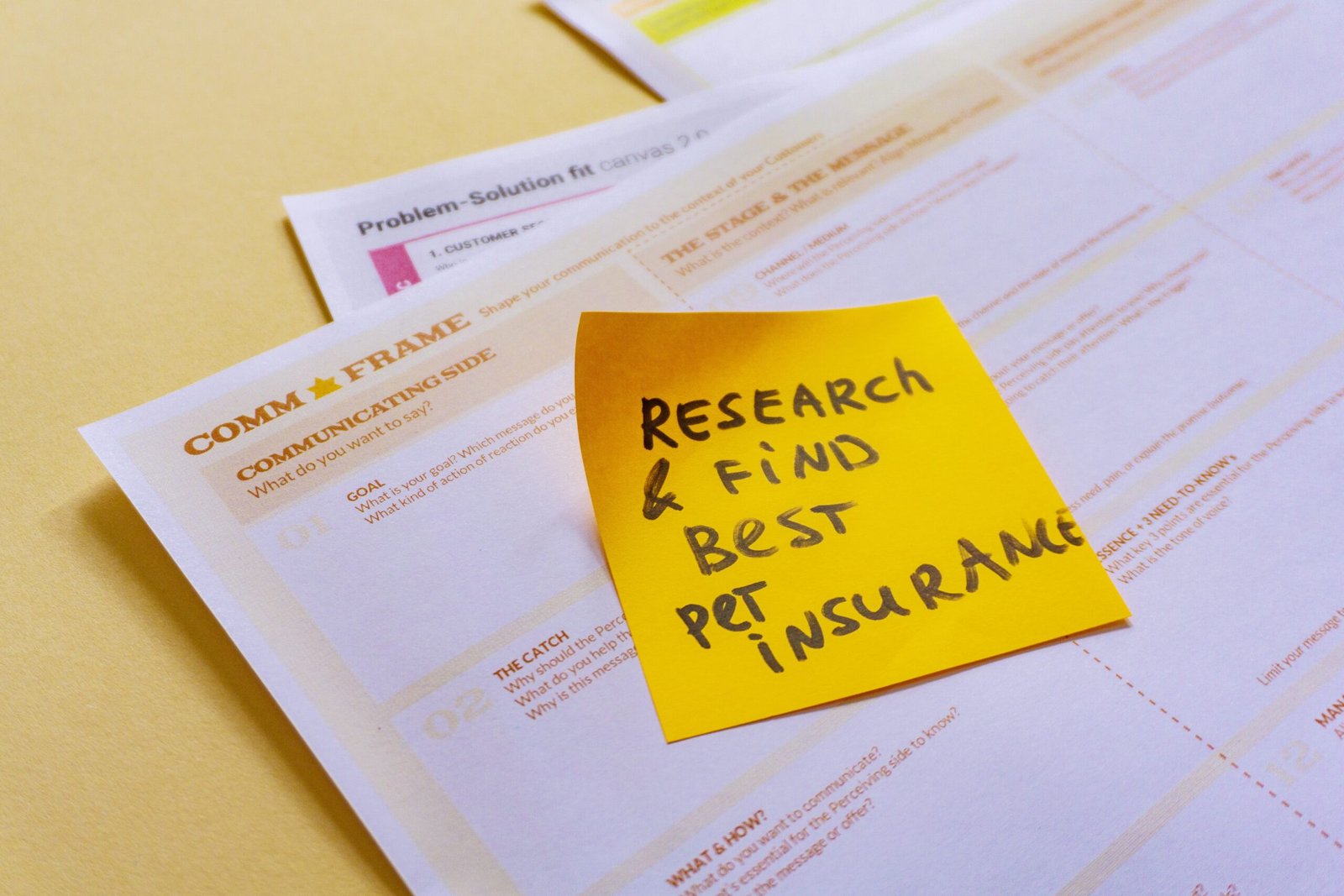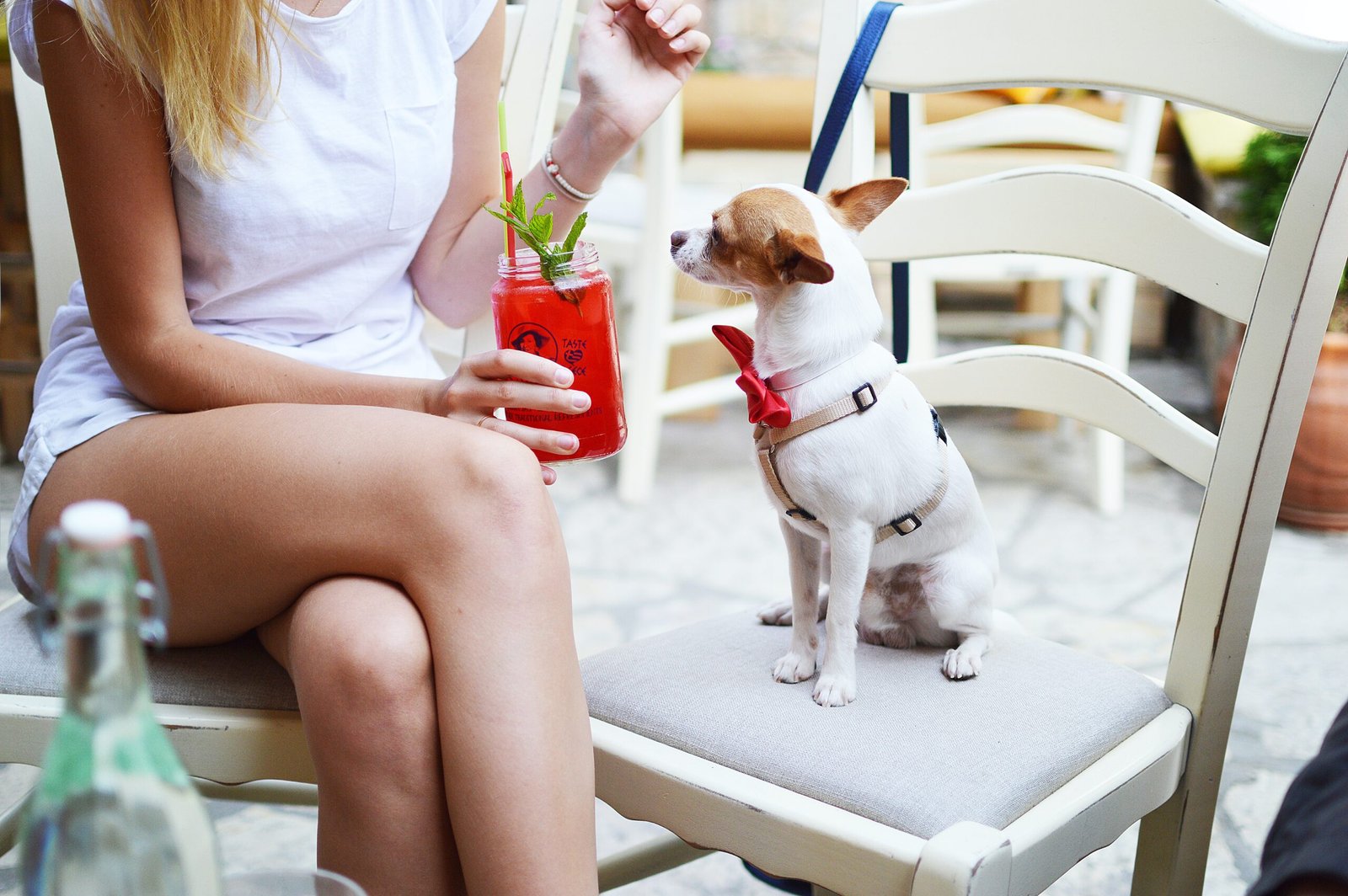Introduction
Obesity is a growing concern not only among humans but also among our furry friends. Just like humans, pets can suffer from the negative health effects of carrying excess weight. In fact, according to recent data, over 50% of pets in the United States are overweight or obese. This alarming trend calls for immediate action to protect the well-being of our beloved companions.
1. Balanced Diet
One of the most crucial steps in preventing pet obesity is providing a balanced diet. Consult with your veterinarian to determine the appropriate portion sizes and the best quality food for your pet’s specific needs. Avoid feeding them excessive treats or table scraps, as this can lead to weight gain.
2. Regular Exercise
Just like humans, pets need regular exercise to maintain a healthy weight. Engage in activities that suit your pet’s breed, age, and physical abilities. Whether it’s going for walks, playing fetch, or even swimming, make sure to incorporate daily exercise routines into your pet’s schedule.
3. Portion Control
Be mindful of portion sizes to prevent overeating. Follow the feeding guidelines provided by your veterinarian or pet food manufacturer. Avoid free-feeding, where food is available all day, as it can lead to mindless snacking and weight gain.
4. Avoid Human Food
While it may be tempting to share our food with our furry friends, it’s important to resist the urge. Many human foods are high in fats and sugars, which can be detrimental to pets’ health. Stick to their regular diet and opt for pet-friendly treats instead.
5. Regular Vet Check-ups
Regular visits to the veterinarian are essential for monitoring your pet’s weight and overall health. Your vet can provide guidance on nutrition, exercise, and any necessary dietary adjustments based on your pet’s specific needs.
6. Mental Stimulation
Obesity in pets can sometimes be caused by boredom or anxiety. Provide mental stimulation through interactive toys, puzzle feeders, or training sessions to keep your pet mentally and physically active.
7. Healthy Treats
If you want to give your pet treats, opt for healthy alternatives that are low in calories. Look for treats specifically designed for weight management or consider using fresh fruits and vegetables as occasional rewards.
8. Monitor Body Condition
Regularly assess your pet’s body condition to ensure they are maintaining a healthy weight. Use the body condition scoring system recommended by your veterinarian to determine if your pet is underweight, overweight, or at an ideal weight.
9. Avoid Free-Feeding
As mentioned earlier, free-feeding can lead to overeating and weight gain. Establish a feeding schedule and stick to it. Remove any uneaten food after a designated period to prevent your pet from grazing throughout the day.
10. Set a Good Example
As pet owners, we play a crucial role in our pets’ health. Set a good example by practicing healthy habits yourself. By leading an active lifestyle and making nutritious choices, you inspire your pet to do the same.
FAQs
Q: How do I know if my pet is overweight?
A: You can assess your pet’s weight by feeling their ribs. If you can’t feel them easily, it may indicate that your pet is overweight.
Q: Can obesity lead to other health issues in pets?
A: Yes, obesity in pets can lead to various health issues, including diabetes, joint problems, heart disease, and a shorter lifespan.
Q: Are certain breeds more prone to obesity?
A: Yes, some breeds have a higher tendency to gain weight. It’s important to be extra vigilant with these breeds and closely monitor their diet and exercise.
Q: Can spaying or neutering contribute to weight gain in pets?
A: Spaying or neutering can slightly decrease a pet’s metabolic rate, making them more prone to weight gain. However, proper diet and exercise can help prevent obesity.
Q: Can pets lose weight on their own?
A: Pets generally require a structured weight loss program with guidance from a veterinarian. Rapid weight loss can be harmful, so it’s important to seek professional advice.
Q: Can I use weight loss supplements for my pet?
A: It’s best to consult with your veterinarian before using any weight loss supplements for your pet. They can provide guidance on safe and effective options.
Q: How long does it take for a pet to lose weight?
A: The duration of weight loss varies depending on the pet’s starting weight, target weight, and overall health. It’s important to approach weight loss gradually and safely.
Q: Can pets regain weight after losing it?
A: Yes, pets can regain weight if proper diet and exercise habits are not maintained. Consistency is key in preventing weight regain.
Q: Are there any weight loss programs specifically designed for pets?
A: Yes, some veterinary clinics offer weight loss programs tailored to pets. These programs often include regular weigh-ins, dietary plans, and exercise recommendations.
Q: Any additional tips for preventing pet obesity?
A: Make mealtime more engaging by using food puzzles or slow feeders. This can help prevent your pet from eating too quickly and overeating.
Conclusion
Preventing obesity in pets is crucial for their overall well-being and longevity. By following these top 10 ways and staying informed about the latest trends in pet health, you can ensure that your furry friend leads a healthy and happy life. Remember, a little effort goes a long way in preventing obesity and its associated health risks.
Call to Action
Join the fight against pet obesity! Share this blog post with your fellow pet owners and spread awareness on the importance of maintaining a healthy weight for our furry friends.









